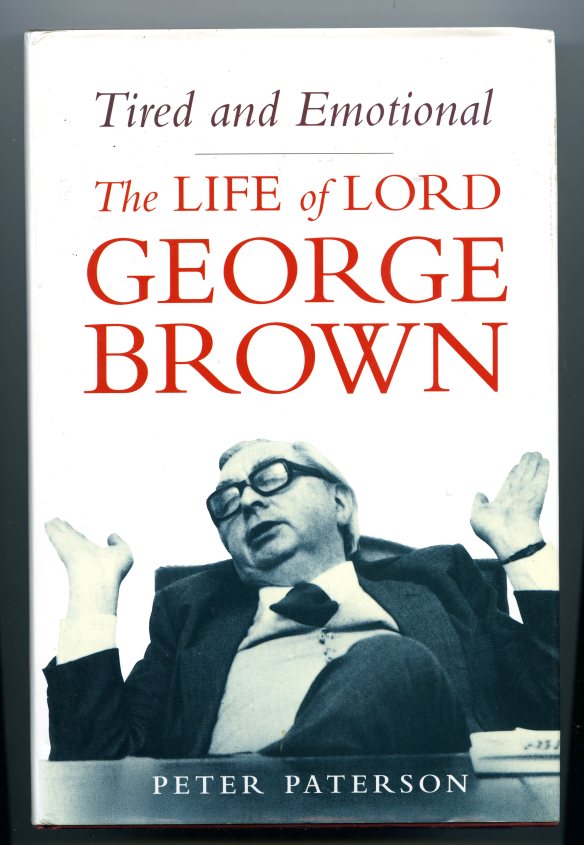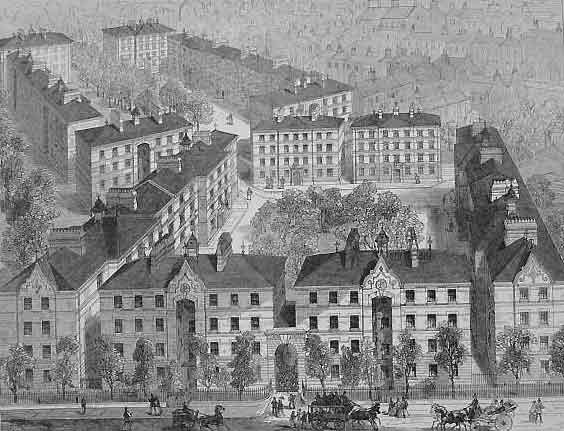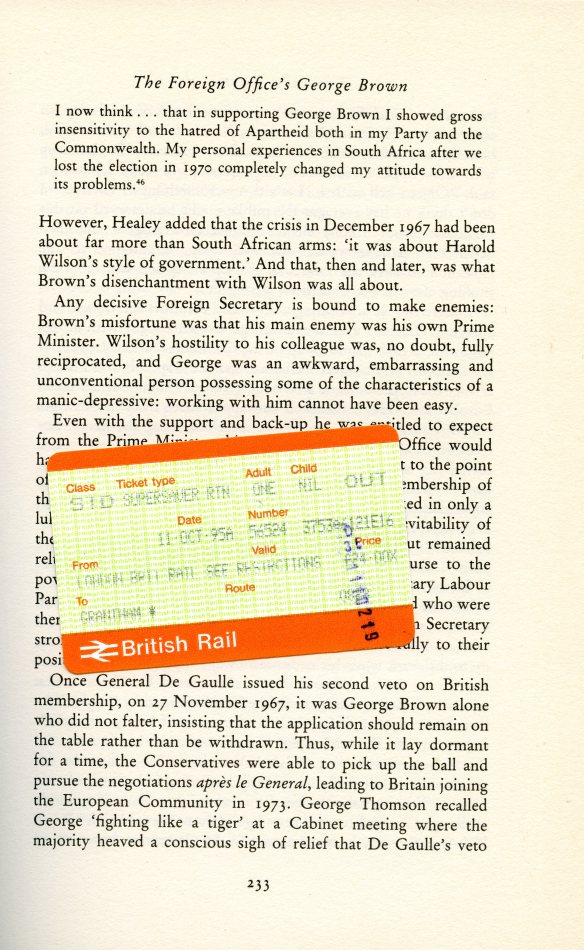There must be very few celebrity biographies that are of great literary merit.
which I finished reading today, isn’t one of them.
No doubt good journalism, the book focuses on the political life, quarrels, gaffes and embarrassments of its subject, a leading, but desperately flawed Labour politician of my formative years. Undoubtedly hard-working, charismatic and energetic, Lord George-Brown intrigued me at the time when he changed his surname by deed poll to the hyphenated version, because he wanted to enter the upper chamber with the name by which he had been recognised all his life. He didn’t want to be addressed as Lord Brown.
The phrase ‘tired and emotional’ is a chiefly British euphemism for drunkenness. It was popularised by the satirical magazine Private Eye in 1967 after being used in a spoof diplomatic memo to describe the state of George Brown, who was invariably inebriated.
Paterson makes much of the Cabinet Minister’s class consciousness and the chip on his shoulder about university education; all this rather incongruous for a boy who progressed from a childhood in Southwark’s Peabody Buildings to a seat in the House of Lords.
Peabody Estates were the product of ‘The Trust (was) founded in 1862 by London-based American banker George Peabody, who in the 1850s had developed a great affection for London, and determined to make a charitable gift to benefit it. His initial ideas included a system of drinking fountains (comparable to theMetropolitan Drinking Fountain and Cattle Trough Association scheme actually set up by Samuel Gurney and Edward Thomas Wakefield in 1859), or a contribution to the “ragged schools” of the Earl of Shaftesbury. In March 1859, however, he settled on establishing a model dwellings company. Three years later, in a letter to The Times on 26 March 1862, he launched the Peabody Donation Fund, with an initial gift of £150,000. The aim of the organisation, he said, would be to “ameliorate the condition of the poor and needy of this great metropolis, and to promote their comfort and happiness”. The paper reported, “We have today to announce an act of beneficence unexampled in its largeness and in the time and manner of the gift”.[2] Shortly before his death in 1869, Peabody increased his gift to a munificent £500,000.[3]
The Peabody Trust was later constituted by Act of Parliament, stipulating its objectives to work solely within London for the relief of poverty. This was to be expressed through the provision of model dwellings for the capital’s poor.’ (Wikipedia).
The trust continues to this day. Brown is an example of the potential for upward mobility even in those times.
Maybe it is because I lived through the 1960s that I did not, until reaching page 233 realise that I had read Paterson’s work before.
In my post Bookmarks I speak of my habit of leaving them in books I read. This has the additional purpose of reminding me that I have turned the pages in the past. Thus, this afternoon I learned that I had read the 1993 publication twenty years ago. Maybe I should leave my markers nearer the beginning of the books.


